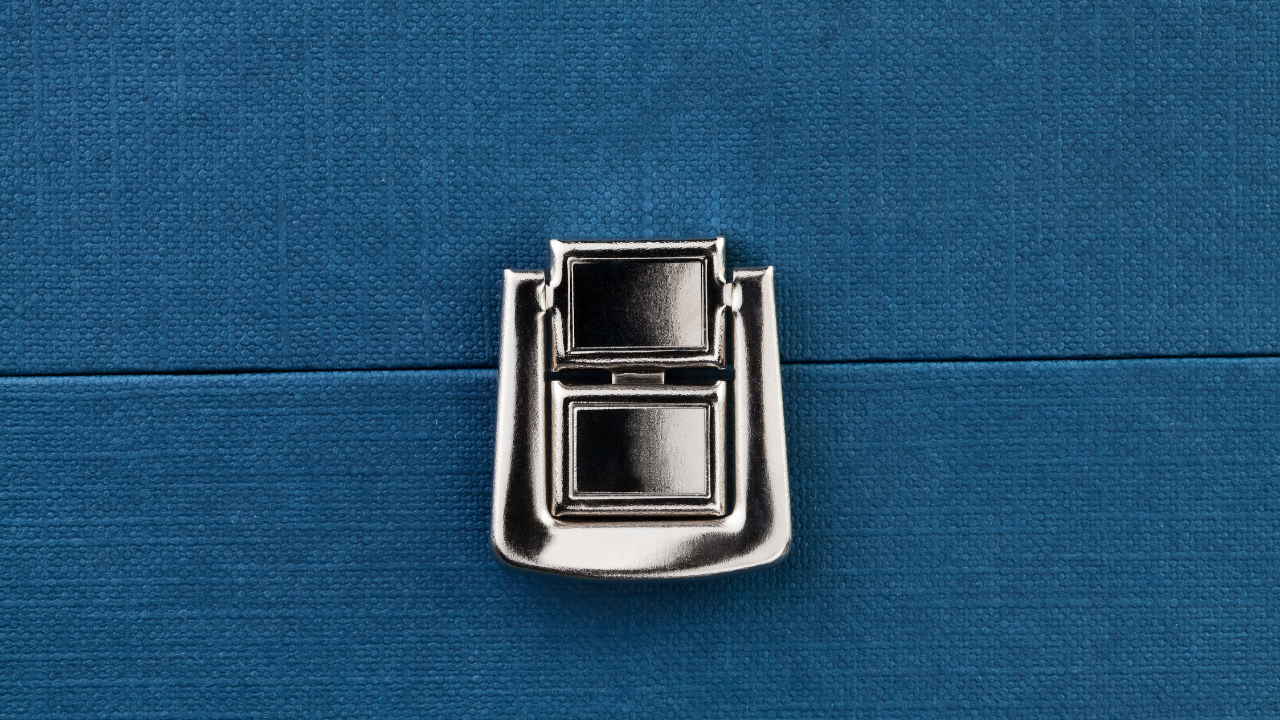Deciding to divorce is not ever something that people consider lightly. It is a deeply personal decision private matters like property. For those reasons, many wish to have discretion in their divorce proceedings to keep certain things confidential or private. Depending on the situation, discretion can sometimes be achieved. This guide provides practical steps to help safeguard your privacy throughout the process, offering discretion based on the situation and circumstances.
Understanding Illinois Law and Divorce Privacy
When it comes to divorce in Illinois, understanding how privacy is handled by the law is crucial. While certain information must remain public, there are ways to minimize exposure and protect sensitive details. Here’s what you need to know about public access to divorce records and protecting personal information.
Public Access to Divorce Records
In Illinois, divorce records are public, as are case files for divorce cases. This means that every pleading/motion, response and court order is part of the court record. Anyone in the public can look up these records. Although, depending upon the county, it may be more or less difficult to look them up. Some records are only available online to attorneys who are registered with the county and have a unique login. Other counties make these records widely available.
Protecting Personal Identifying Information
Illinois divorce law indicates that personal identifying information cannot be placed in filings for that reason (i.e. social security numbers, and for a period children’s names and birthdates were part of this but that has changed). However, people can generally physically go to a courthouse and pull a case file and review the pleadings and orders manually, in person. They do not have to prove that the file is theirs. This means that adult children can theoretically go into a courthouse and pull their parent’s divorce case file and read whatever is in the motions/responses and pleadings. A pretty scary thought.
Can You Avoid Making Your Divorce or Family Law Case Public?
Many people ask how they can avoid making their case “public.” The truth is, you really cant. Cases can be sealed or impounded only, generally, if it is someone who is in the public eye. Your everyday person cannot generally have their divorce case sealed or impounded. The courtrooms are also public and anyone who isn’t testifying is welcome to watch or observe any court hearings in divorce cases if they wish to. However, there are some creative ways to keep the divorce matters out of the public eye.
Practical Steps to Maintain Privacy
Incorporating Final Divorce Agreements by “Reference Only”
First, you could consider incorporating your final divorce agreement (property/support related) by “reference only”. This means that the actual division of property and assets and debts, and awards of support, are in a document which is referenced in a Judgment for Dissolution and is not physically located within the file. There is some risk here, though. The court doesn’t keep a record of the agreement, so if you need it for enforcement purposes later, you need to ensure you always keep a copy, and that it is the correct and final version of the divorce agreement. This does not apply, however, to Allocation Judgments (the document which handles what we used to call “custody” for minor children). That will always be in the file unless it is impounded or sealed.
Engaging in Alternative Dispute Resolution
Additionally, while the above solution only addresses the final orders, even when a divorce is incorporated by reference, it doesn’t deal with any of the pleadings, motions and orders which may be filed while the case is ongoing. So, those are still in the public record. If people behave badly, there is a record of it. One work around to this is to file a case but then engage in alternate dispute resolution – such as mediation, or arbitration, until an agreement is reached. That takes two willing parties, however, to accomplish this goal. Mediation records and arbitration records are generally not placed into the court file until a final order is entered.
Handling Sensitive Documents
There are also practical privacy concerns regarding the information which is shared amongst attorneys during a divorce case. Sensitive documents are often exchanged such as tax returns, bank statements, credit card statements, and other sensitive data. It is ill advised to email any of these documents. One could drop off hard copies to their attorney’s office, or if the office uses a secure dual-factor authentication type of file sharing system, that might also be OK for sharing data. Redacting sensitive information may also be an option. Password protecting documents is also something to be considered, but none of these solutions is fool proof. In some scenarios, clients may request to have their records returned to them or otherwise disposed of at the end of a case to ensure they receive originals.
Visit our Chicago Divorce Attorney services page to learn more
Communicate Your Privacy Concerns
There are many privacy concerns to consider when contemplating divorce or going through the process. Ensuring you are communicative with your divorce legal team regarding your concerns is the best way to ensure these issues are addressed.















